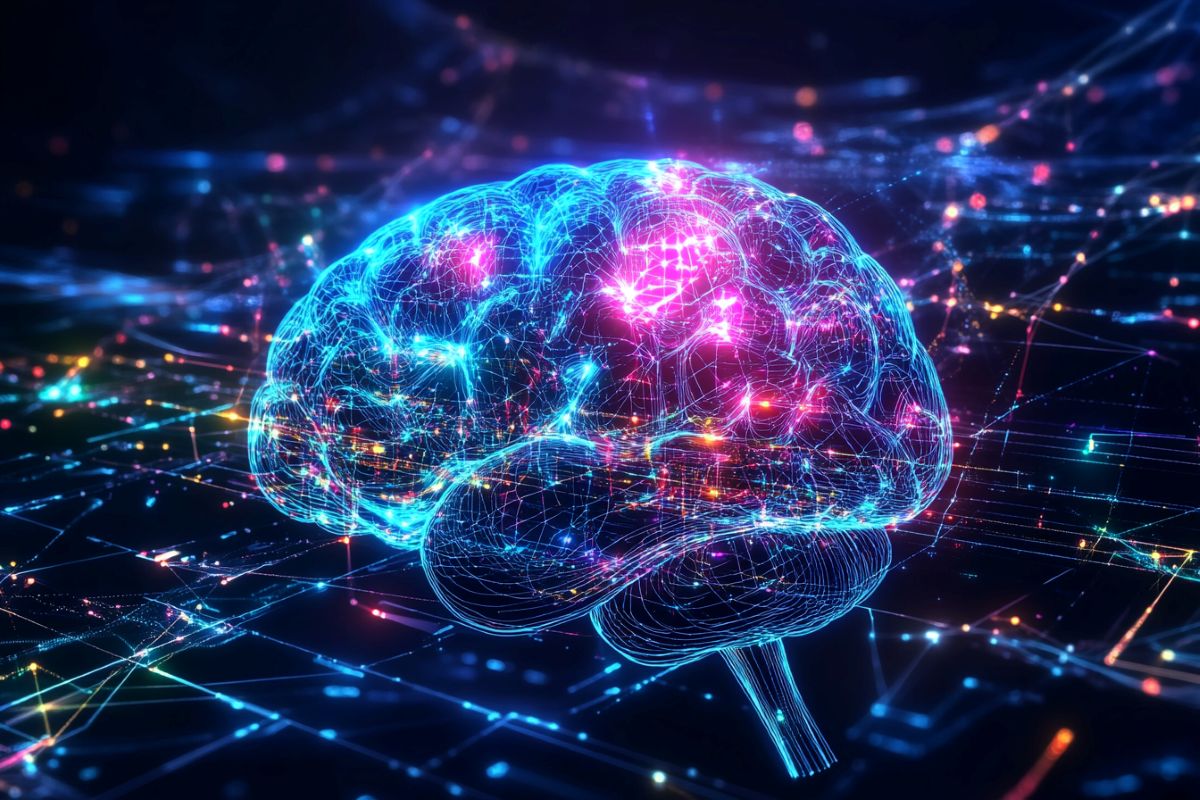
Summary: Revolutionary AI Model Reveals Brain Aging Speed Through MRI Scans
Researchers at the University of Southern California (USC) have developed an innovative artificial intelligence (AI) model capable of assessing the rate at which a person’s brain is aging by utilizing MRI scans. This cutting-edge approach offers a significant advancement in identifying cognitive decline and has the potential to transform the detection and management of neurodegenerative diseases.
Key Highlights:
Real-Time Brain Aging Tracking:
The AI model evaluates MRI scans over time to determine the pace of brain aging, presenting a more accurate method compared to prior techniques. By tracking changes in brain structure, it pinpoints regions most affected by aging and correlates these changes with cognitive performance.Indicator of Cognitive Decline:
Faster brain aging is strongly associated with cognitive impairment, impacting memory and processing speed. This correlation underscores the urgency for early interventions that could mitigate the risk of conditions like Alzheimer’s disease.- Enhanced Early Detection:
This groundbreaking tool has the potential to identify individuals at heightened risk of developing Alzheimer’s long before symptoms manifest, paving the way for timely preventive measures.
Innovative Insights into Brain Health:
The research is spearheaded by Dr. Andrei Irimia, an associate professor at USC, who emphasizes that biological brain age differs from chronological age. Two individuals of the same age can exhibit vastly different biological ages based on their brain health and tissue condition. Traditional methods of assessing biological age often focus on blood samples, which are ineffective for measuring brain aging due to the protective blood-brain barrier.
Advancements Over Previous Models:
Past models relied on a single MRI scan, yielding limited insights into how brain aging progresses over time. The new model employs a three-dimensional convolutional neural network (3D-CNN), trained on over 3,000 MRI scans of cognitively healthy adults. This longitudinal approach compares initial and follow-up scans, allowing for a more refined analysis of neuroanatomical changes linked to the aging process.
The 3D-CNN model generates detailed "saliency maps" that highlight specific brain regions most vital for assessing aging speed. When applied to a sample of 104 cognitively normal individuals and 140 Alzheimer’s patients, the model accurately related brain aging rates to cognitive test results, offering a promising direction for early diagnosis.
Future Directions in Research:
The ability of this model to differentiate aging rates across various brain regions may reveal insights into how genetics, lifestyle, and environmental factors contribute to neurodegenerative diseases. In particular, the model has highlighted differences in aging rates between genders, potentially explaining why men and women may experience varying risks of cognitive disorders.
Conclusion:
This newly developed AI model not only enhances our understanding of brain aging but also opens the door to personalized treatment strategies and improved diagnostic tools. As researchers continue to refine the technology, the goal is to assess Alzheimer’s risk more effectively, ultimately leading to innovative preventive therapies.
Study Support: Funding for this pioneering research was provided by several prestigious institutions, including the National Institutes of Health (NIH) and the Department of Defense (DoD).
By integrating advanced AI techniques with traditional neuroimaging, this research marks a significant step forward in the battle against cognitive decline and Alzheimer’s disease.
Source: USC Research News
Original Study: Published in Proceedings of the National Academy of Sciences (PNAS), February 24, 2025.









